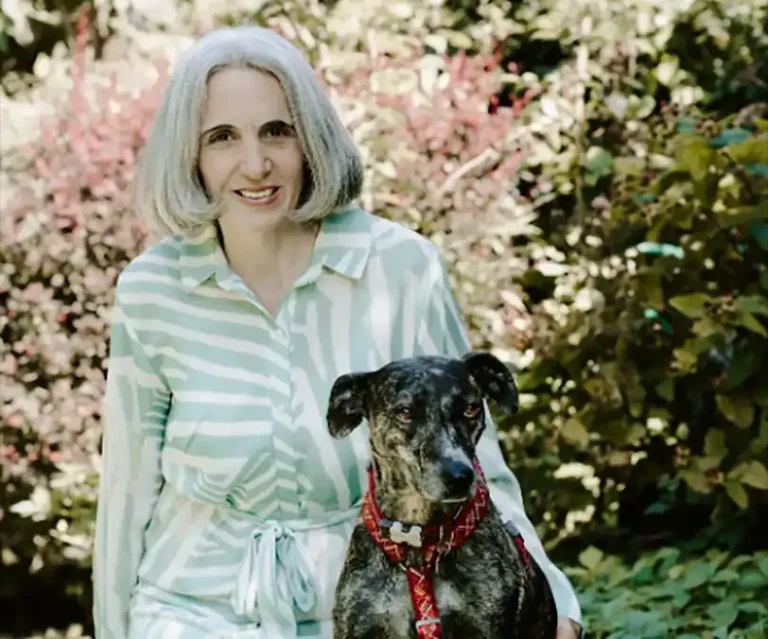28 Oct 2025
Figures from the RSPCA’s Adoptober campaign suggest some larger breeds can wait up to seven times longer to be rehomed than their smaller counterparts.

But the charity has also warned it is facing “an unprecedented rehoming crisis”, with record numbers of dogs and cats entering its care due to large-scale cases of cruelty and neglect.
Pet behaviour expert Sam Gaines said: “We desperately need adopters now more than ever, so we can continue to rescue and care for the animals who need us.”
One clinician who has answered the call is the RSPCA’s chief vet, Caroline Allen, who adopted bull-lurcher Jess from one of its branches in January last year.
She described how Jess was underweight, anxious, and experienced dog reactivity at the time of her adoption, praising the support of clinical animal behaviourists who she said had “taught me so much”.
She added: “It has definitely been a journey with her, but every small step has been a moment to celebrate and brought us so much joy.”
The challenge of finding the right home for a pet can be exacerbated by the extended periods that larger dogs can spend in kennels.
While dogs currently spend an average of 41 days in RSPCA care before they are rehomed, the charity said that figure rises to a combined 93 days for three large breeds – the Alaskan malamute, Presa Canario and Shar Pei – while falling to just 13 days for King Charles spaniels, West Highland white terriers and Bedlington terriers.
Dr Allen said many of the dogs brought into RSPCA care have behavioural issues because of their experiences before they were rescued.
But while a re-examination of its guidelines is ongoing, she argued that clinicians are well placed to offer the care dogs like Jess need.
She said: “These special dogs need extra-special people who are willing to win their trust, be patient and work with them to help them recover from their past. The vet community is full of those special people.
“We know that vets have at times expressed frustration about the barriers that can seem to be in place when adopting from charities.
“We are reviewing our guidance to ensure our decisions are pragmatic, while also ensuring the ongoing welfare of the dogs, who, because of their pasts, can be particularly vulnerable.”
Despite the successes of cases such as Jess, the scale of the adoption problem is continuing to grow despite the charity’s estimate that it found new homes for more than 26,000 animals last year, amid a slight slowdown in rehoming rates.
The numbers for cats and dogs whose care is funded by the national charity have both more than doubled since 2020, with 445 dogs – nearly twice the monthly average over the past five years – entering the organisation’s care in July alone.
Thousands more are being housed in local branch facilities, while the group estimates it spent around £8 million on private accommodation last year for animals it does not have room for.
Officials also said that around 60 per cent of the animals in their care cannot be legally rehomed because they are involved in a live investigation or prosecution.
Scan the QR code for more details of the pets which need homes this Adoptober, which are available via the RSPCA’s Find a Pet web page.